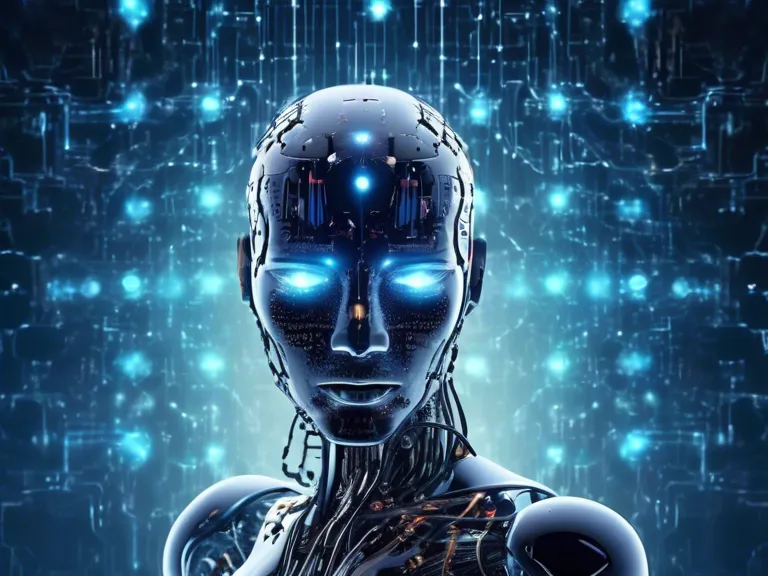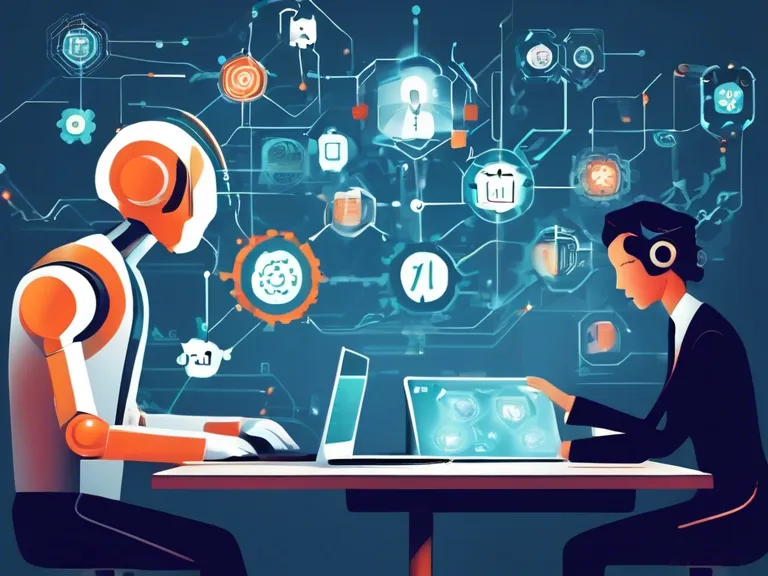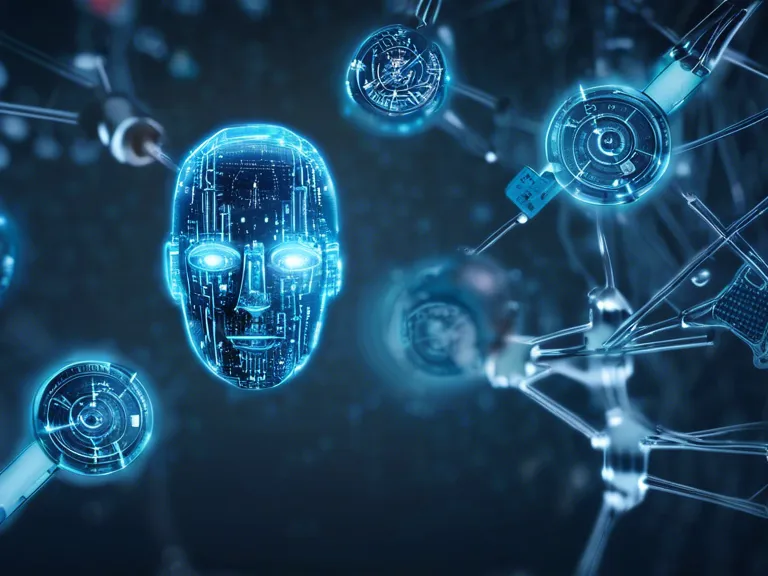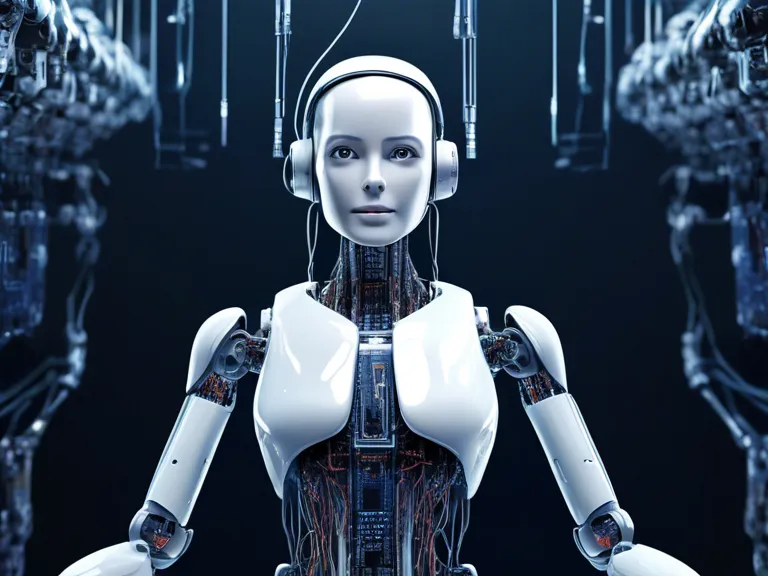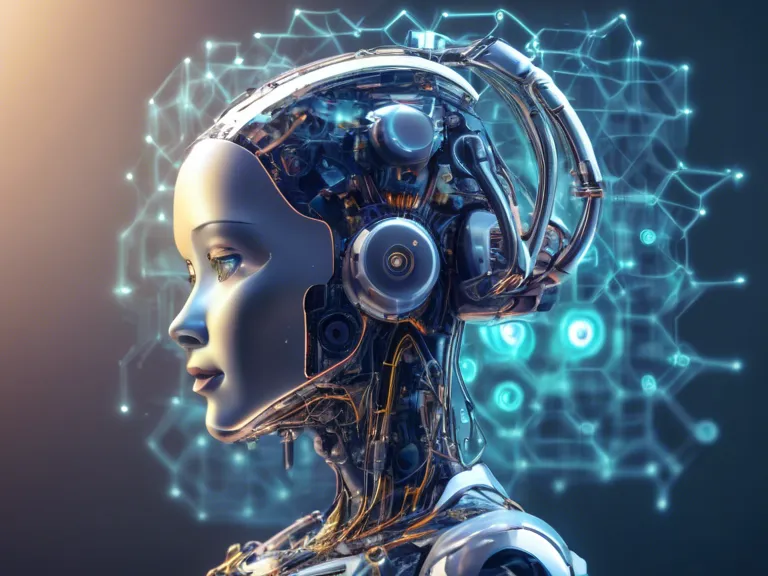
In recent years, artificial intelligence (AI) has shifted from being a novelty to a necessity in everyday life. What was once thought of as a futuristic concept is now an integral part of many aspects of our daily routines. Whether we realize it or not, AI is playing a vital role in shaping the way we live, work, and interact with the world around us.
AI has revolutionized various industries, from healthcare and finance to retail and entertainment. In healthcare, AI algorithms can analyze medical images, predict patient outcomes, and even assist in surgical procedures. In finance, AI is used for fraud detection, algorithmic trading, and personalized financial advice. Retail giants rely on AI for inventory management, customer recommendations, and supply chain optimization. And in entertainment, AI is used for content curation, personalized streaming services, and even virtual reality experiences.
But beyond these specific applications, AI has also become ingrained in our everyday devices and services. Smartphones, digital assistants, social media platforms, and even home appliances are powered by AI algorithms that help us navigate our daily tasks, make decisions, and stay connected with others. From voice recognition and image recognition to natural language processing and predictive analytics, AI is embedded in the tools and technologies we use on a daily basis.
The shift from novelty to necessity in AI has been driven by a combination of factors, including advances in technology, increased data availability, and growing consumer demand for personalized and efficient experiences. As AI continues to evolve and improve, its presence in our lives will only become more pervasive and essential.
As we embrace the AI buzz shift, it's important to consider the implications of relying on AI for various aspects of our lives. We must ensure that AI is used ethically, responsibly, and inclusively to avoid perpetuating bias or inequality. By harnessing the power of AI for positive and equitable outcomes, we can truly make the most of this transformative technology in our everyday lives.
